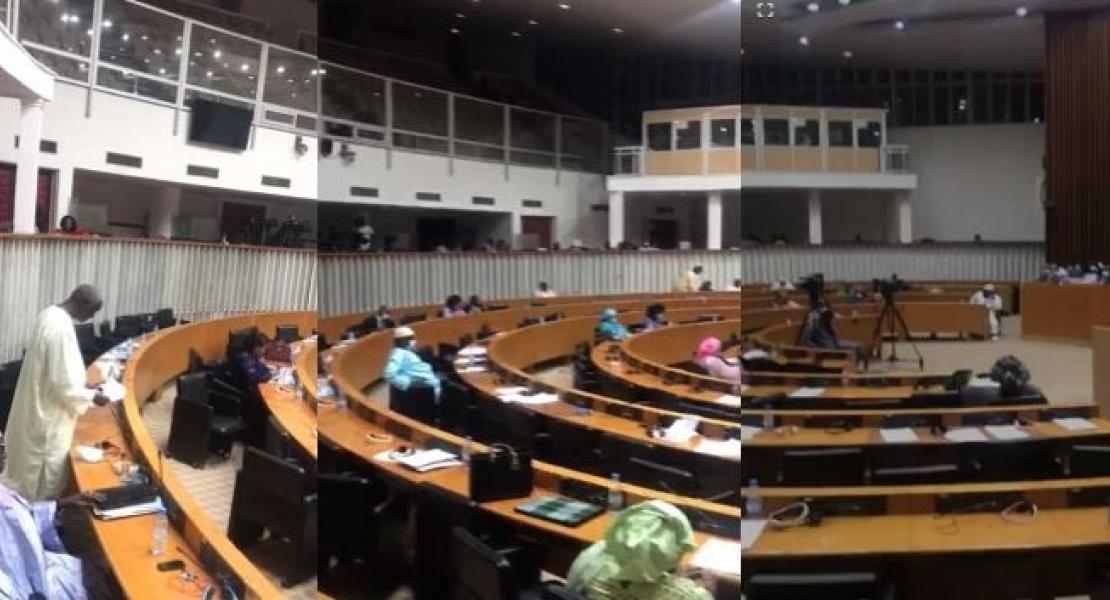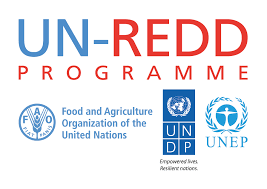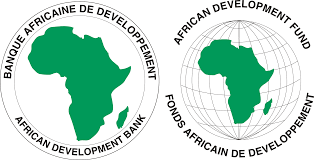GLOBE Senegal made a forceful intervention led by President Ibrahima Baba SALL during the committee and plenary examination of the draft Finance Law 2021, the annual budget, on the basis of questions prepared by the GLOBE Secretariat.
These interventions requested appropriate allocations to forest governance and the Great Green Wall (GGW) within the budget of the Ministry of the Environment and Sustainable Development (MEDD), as well as the integration of the ‘natural capital approach’ to government spending, particularly in the context of the expansive budget proposed as a countercyclical measure to buffer the economic impact of the COVID-19 pandemic. The 2021 Budget is 8.9% larger than that of 2020, but this investment increase has focused on providing targeted support to key national productive sectors, the so-called ‘recovery flagship sectors’.
The Programme to Combat Deforestation and Land Degradation was adopted as follows: commitment authorisations (CA) of 11,100,291,379 FCFA (USD 20,5 m) and identical payment appropriations (PA) of 11,100,291,379 FCFA. The Biodiversity Conservation Programme received (AE) 8,332,181,747 FCFA (USD 15,3 m) and (CP): 5,469,681,747 FCFA (USD 1,1 m). This represented an increase from the year before for both areas: combatting against deforestation and land degradation received 161,297,087 FCFA more (almost USD 300,000), and biodiversity conservation and the management of Protected Areas received 798,118,174 FCFA more (USD 1,48 m).
The fact that investment in land and biodiversity protection was increased is to be greeted, but the most important outcome, in the context of this 2021 expansive budget, is that sustainability and climate adaptation were mainstreamed in the major investment foreseen in the ‘recovery flagship sector’ of agriculture, whose budget increased from 44 to 60 billion FCFA (USD 81 to 110 m).
This includes investment in a project for the recovery of runoff water (PROVAL), of the Agricultural Entrepreneurship Support Project for Youth (AGRI Jeunes), of the project for environmentally sustainable agricultural intensification in the Niayes region (PIESAN), of the Rural Entrepreneurship Support Project Phase II (PADER II), of the rehabilitation of rural irrigated areas (PREPIV) of PODOR, of a project for the development of irrigation in the Senegal River valley, of a project for the sustainable development of pastoralism in the Sahel (PDDPS) and the program focused on the World Bank's results, with a view to making a significant contribution to strengthen food security and economic recovery.









